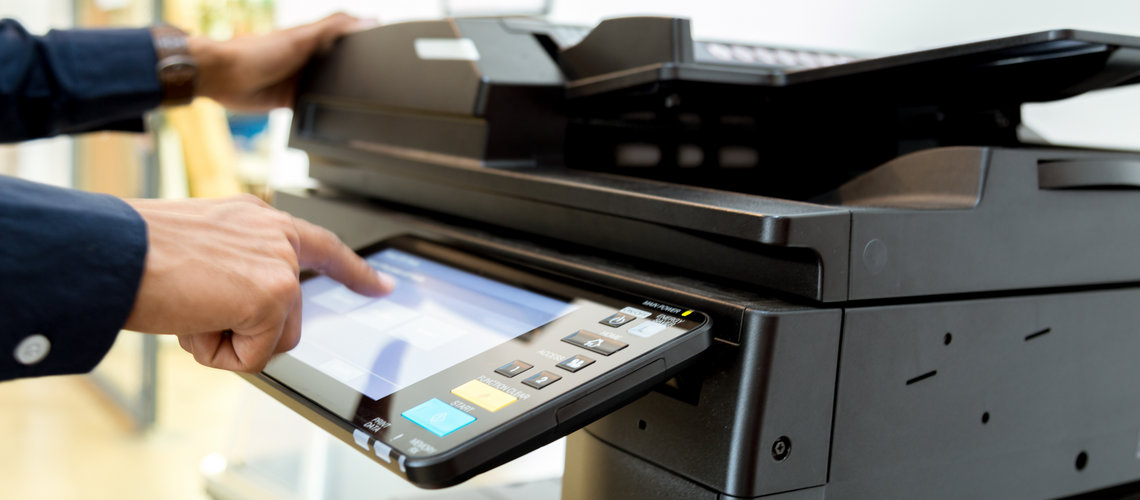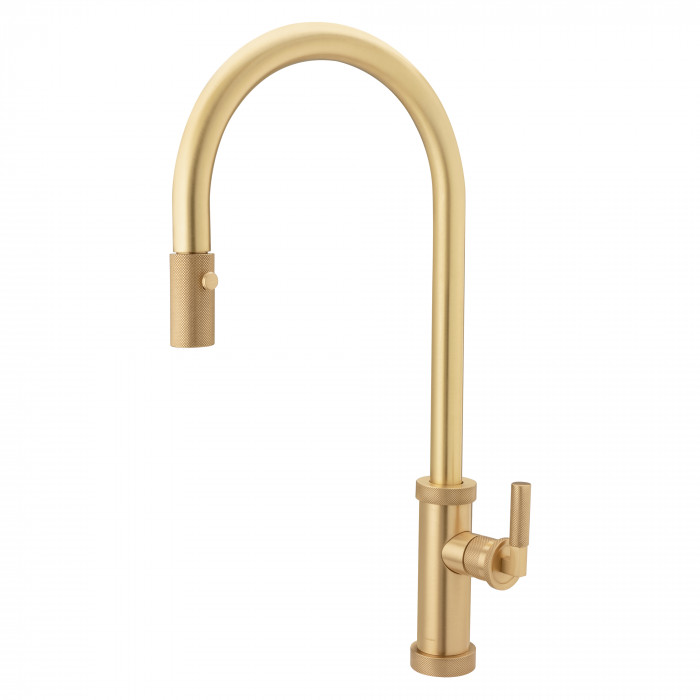The world of accounting offers a multitude of opportunities for professionals to excel and achieve their career aspirations. With the right strategies and a commitment to continuous growth, accountants can navigate their way to success in this dynamic and evolving field. Here are some essential career development tips for accountants or accounting companies in Dubai […]
Designing The Extraordinary: Architectural Visionaries At Your Service
Architecture has the power to shape the world around us, blending functionality with artistry to create awe-inspiring structures that stand the test of time. Behind these remarkable creations are architectural visionaries, the masterminds who bring dreams to life. In this article, we explore the role of these visionary architects in Dubai and how they design […]
Arrive In Elegance: Professional Chauffeurs For Hire
In today’s fast-paced world, time is of the essence, and convenience is highly valued. When it comes to transportation, especially for important events or business engagements, hiring a professional chauffeur provides a luxurious and stress-free experience. Professional chauffeur service Abu Dhabi offers more than just a ride—they ensure a seamless journey, allowing you to arrive […]
Clinic Set Up: A Definitive Guide & Checklist
Setting up a clinic requires careful planning and attention to detail to ensure a smooth and efficient operation. Whether you’re starting a medical, dental, or any other healthcare facility, having a comprehensive guide and checklist can help you navigate the process. This article presents a definitive guide and checklist for clinic setup. Click this link […]
Print Perfection: Enhance Your Output With Canon Printers
Regarding achieving print perfection, Canon printers are known for their exceptional quality, reliability, and innovative features. With a rich history and a commitment to pushing the boundaries of printing technology, Canon has established itself as a trusted brand in the printing world. Let’s explore why Canon printers are the go-to choice for individuals and businesses […]
How Do I Keep My Kitchen Taps Clean?
Kitchen taps Dubai are an essential component of any kitchen, providing water for cooking, cleaning, and drinking. Over time, kitchen taps can accumulate dirt, grime, and other contaminants, which can affect their performance and appearance. Here are some tips on how to keep your kitchen taps clean and functioning properly: Regular cleaning Cleaning your kitchen […]
The Importance Of Socialization In Nursery Schools
Socialization is a crucial aspect of human development, particularly during the early years of life. Nursery school is a critical time for young children to develop social skills. It is an environment where they can learn how to interact with others, form friendships, and navigate social situations. This article will explore the importance of socialization […]
Mesotherapy: What Is It? The Procedure, Benefits, And Side Effects
Mesotherapy in Dubai is a minimally invasive cosmetic procedure that involves injecting small amounts of customized serums or vitamins into the skin. The technique originated in France and has become increasingly popular in recent years due to its effectiveness in improving the appearance of the skin. This article will discuss mesotherapy, including the procedure, benefits, […]
Raising Your Home’s Value: Landscaping And Raised Floors For Curb Appeal
When it comes to increasing the value of your home, curb appeal plays a significant role. A well-maintained and visually appealing exterior can make a lasting impression on potential buyers and significantly impact the overall value of your property. Landscaping and raised floors are two essential elements that can enhance your homes curb appeal. This […]
Maximizing The ROI: Tips For Choosing The Right MBA Program
Choosing the right MBA program can be a difficult and overwhelming process. Still, it’s important to remember that the ultimate goal is to maximize your MBA’s return on investment (ROI). Here are some tips to help you choose the right program at the best university for MBA to maximize your ROI: Understand your career goals: […]









